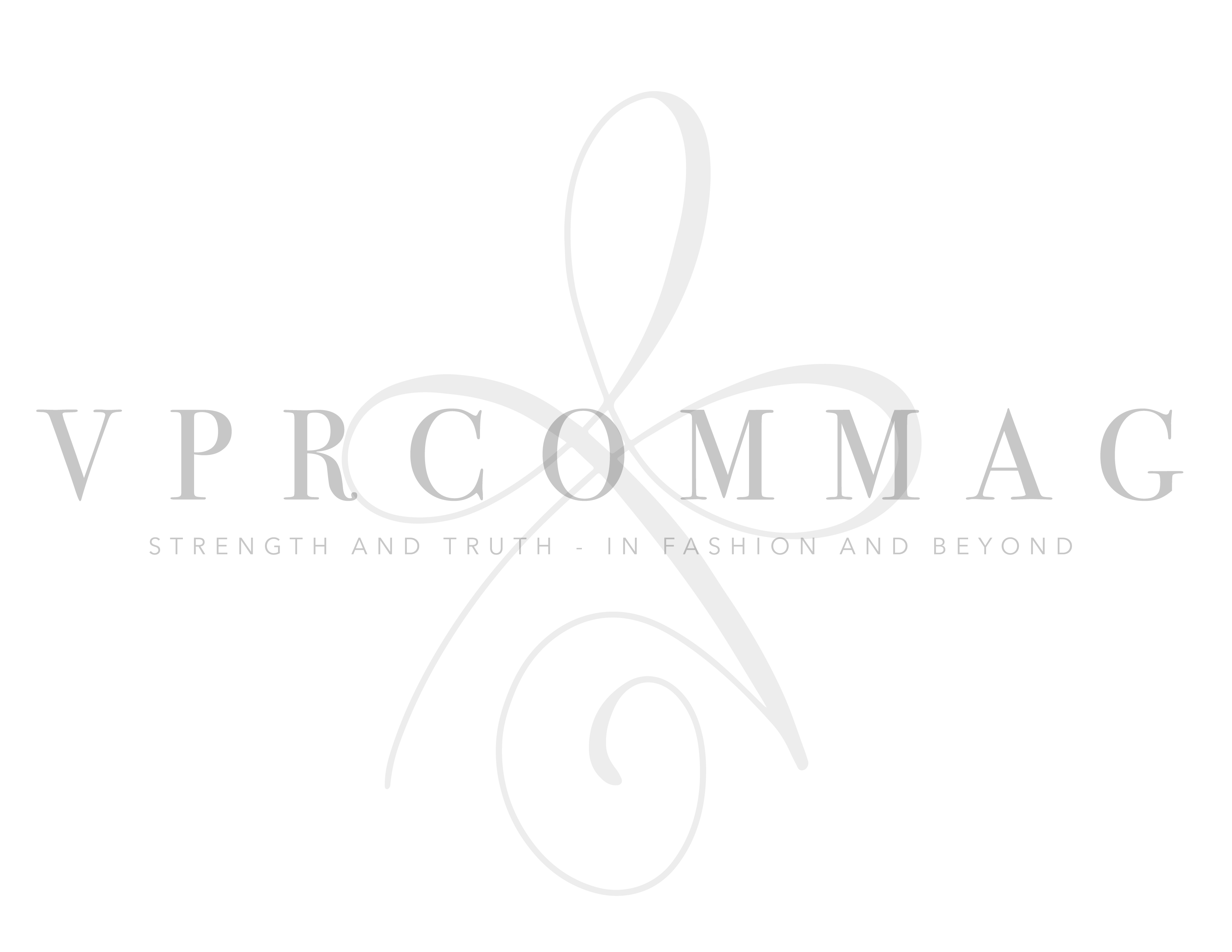glitteringly The Southbank Centre details ‘closure risk’ until at least April 2021 and calls on the government for further urgent support
- The Southbank Centre today announces it is at risk of closure until at least April 2021, detailing crippling financial pressure as its reserves run dry as a result of the economic impact of COVID-19.
- The venue today calls on the Government to support the cultural sector through a number of key recommendations.
- The announcement comes with initial findings of a new report into the arts charity’s social and economic impact.
- Since announcing its closure on 17 March, the organisation has furloughed the majority of its staff but is nevertheless facing a £5.1 million deficit in FY20/21.
The Southbank Centre today announces it is at risk of closure until at least April 2021, as a result of the economic impact of COVID-19, disclosing details of crippling financial pressure as its reserves run dry.
The charity states that it is forecasting a best case scenario of a £5m loss at the end of 2020/21 financial year. However, in arriving at this position, the organisation will have used up all its reserves and be in deficit, will have needed £4m support from the Government furlough scheme and will have used the remainder of its annual grant from Arts Council England to effectively mothball the buildings. There will be a need to make some staff redundant and the organisation will cease to be a going concern before the end of the year if further urgent support is not secured.
Despite being the UK’s largest arts and cultural organisation, the Southbank Centre confirms that there will be hardly any artistic activity throughout 2020/21 as to present anything like a normal range of events would have seen the losses rise to around £11m (after furlough support and ACE grant), given the restrictions that social distancing impose on the ability to realise workable ticket revenue.
Today’s announcement comes as the Southbank Centre releases the initial findings of a new report by Hatch Regeneris, a leading, independent economics consultancy which illustrates the cultural and economic value of the Southbank Centre to the cultural sector.
The Southbank Centre presents over 3,500 events a year – of which over 40% are free – and welcomes enough visitors to fill Wembley Stadium 50 times over. At its heart is the Royal Festival Hall – the iconic and only remaining building from the 1951 Festival of Britain, a Festival designed to be “a tonic for the nation” following the country’s endurance of the second world war.
As a key arts hub, the Centre works with international artists, gives a home to eight orchestras and supports grassroots cultural activity. An extensive creative learning programme reaches young people and families, the socially isolated, and those affected by homelessness, dementia and addiction. All of this work is now under significant threat.
The Southbank Centre’s annual Arts Council England grant represents just 37% of its income. While the arts charity has been extremely successful at replacing its declining public funding with earned income from ticket sales, bars, restaurants and other commercial activity that takes place across its site, this success now makes the Southbank Centre highly vulnerable. The mandatory closure of the venues, bars and restaurants has led to the immediate and catastrophic loss of 60% of its income.
With the likelihood of social-distancing measures remaining in place for many months to come, the venues are unlikely to be able to re-open until April 2021, as to do so on restricted capacities (30%) means the organisation would lose more money by opening than it would generate.
Karor The Southbank Centre now calls on the Government to:
- Extend the furlough scheme beyond October for the cultural sector;
- Develop a large scale intervention to support the arts sector as it navigates this crisis and which helps it survive and plan for the future;
- Support those self-employed artists and musicians who do not qualify under the current financial support schemes.
Alongside supporting over 7,000 FTE jobs in London’s cultural visitor economy, the Southbank Centre is an important cultural tourism asset. Around 1 in 10 of all London’s international visitors went to the Southbank Centre, along with 1 in 3 cultural tourists. The report notes that four out of five tourists to London cite “culture” as the major reason for their visit, and these visits support 80,000 jobs and £3.2 billion in Gross Value Added in the capital. This is supported by the Association of Leading Visitor Attractions (ALVA) who note that the Centre is the UK’s fifth most visited attraction.
In addition, there is a growing body of evidence on wellbeing effects from engaging with the arts: the report estimates that given its local reach, the Southbank Centre supports in excess of £150 million in wellbeing value per annum for the UK.
Today’s announcement comes as the Southbank Centre makes preparations to cancel events from September – November 2020. The organisation is also considering the option of broadcasting concerts from behind closed-doors through Autumn 2020 and Spring 2021.
Elaine Bedell, Chief Executive, Southbank Centre, says:
“It is with an incredibly heavy heart that we today share further details about the future of the Southbank Centre. We know we are not alone in this and stand with our friends, partners, and colleagues – both here in the UK and abroad – during this time of unprecedented challenge.
With eight orchestras, the National Poetry Library, and Arts Council Collection all calling us home, and playing host to over 4.45 million visitors each year, we’re doing all we can to safeguard the Southbank Centre we currently know and love for the years ahead. However, this crisis has hit hard, and we join a number of other organisations and venues in sounding the alarm about the long-term health of UK arts and culture.
The Southbank Centre’s own history is traced directly to the 1951 Festival of Britain. Here, the post-war government recognised how vital arts and culture were to the health and well-being of a traumatised nation. Just as the South Bank was a focal point of social and economic recovery then, we hope that we’ll emerge from this crisis to an even brighter future, throwing our doors wide open once more.”
Ends
NOTES TO EDITORS
The Southbank Centre is now closed to 30 June 2020. Should you need to reach the press team, please contact: [email protected].
The Southbank Centre has an array of leading cultural figures who are available for media interviews/spokesperson comment:
Elaine Bedell, CEO of the Southbank Centre. Elaine became the first female Chief Executive of Europe’s largest arts centre in its 66 year history in May 2017 after a 25 year career in the media, working in senior roles at the BBC and at ITV. Elaine is well-placed to comment on the business implications of the coronavirus on the Southbank Centre and wider arts industry, the challenges of temporarily closing the arts venue and its future strategy.
Ralph Rugoff OBE, Director of the Hayward Gallery. Ralph is well-placed to comment on how the coronavirus is affecting museums and art galleries across the country, the impact it is having on artists and the whole visual arts landscape and to speak about how crucial digital engagement has become in these strange circumstances.
Gillian Moore CBE, Director of Music. Gillian Moore is one of the UK’s leading figures in music and a sought after writer with over 30 years in the industry. Overseeing a large programme of classical, jazz and contemporary music in one of the world’s largest cultural institutions, Gillian is well-placed to talk about the impact of coronavirus on the wider industry, the power of music to bring solace and community at these times, how we can support artists, and also the new role of digital.
For more information, visit the Southbank Centre here.


